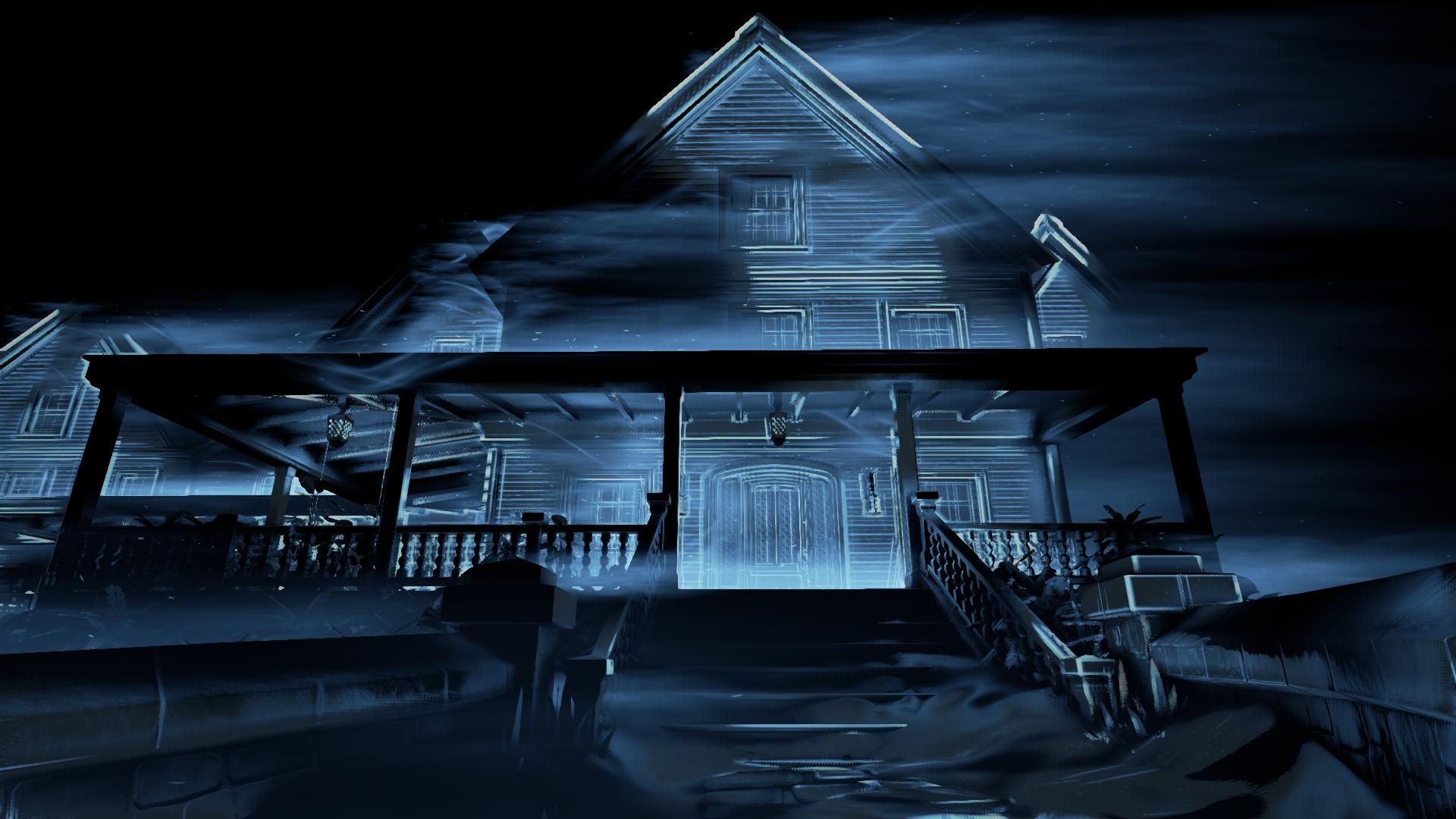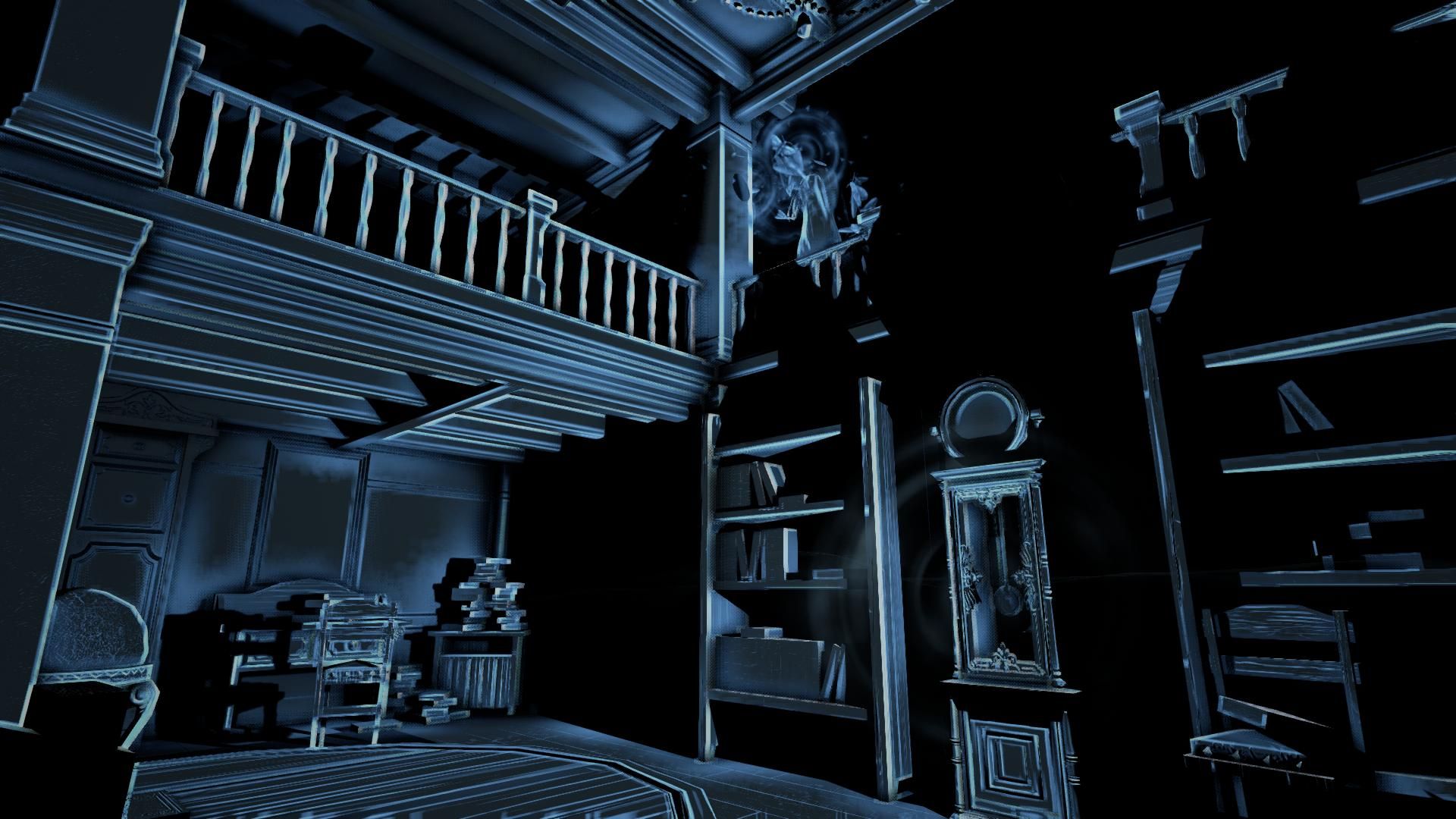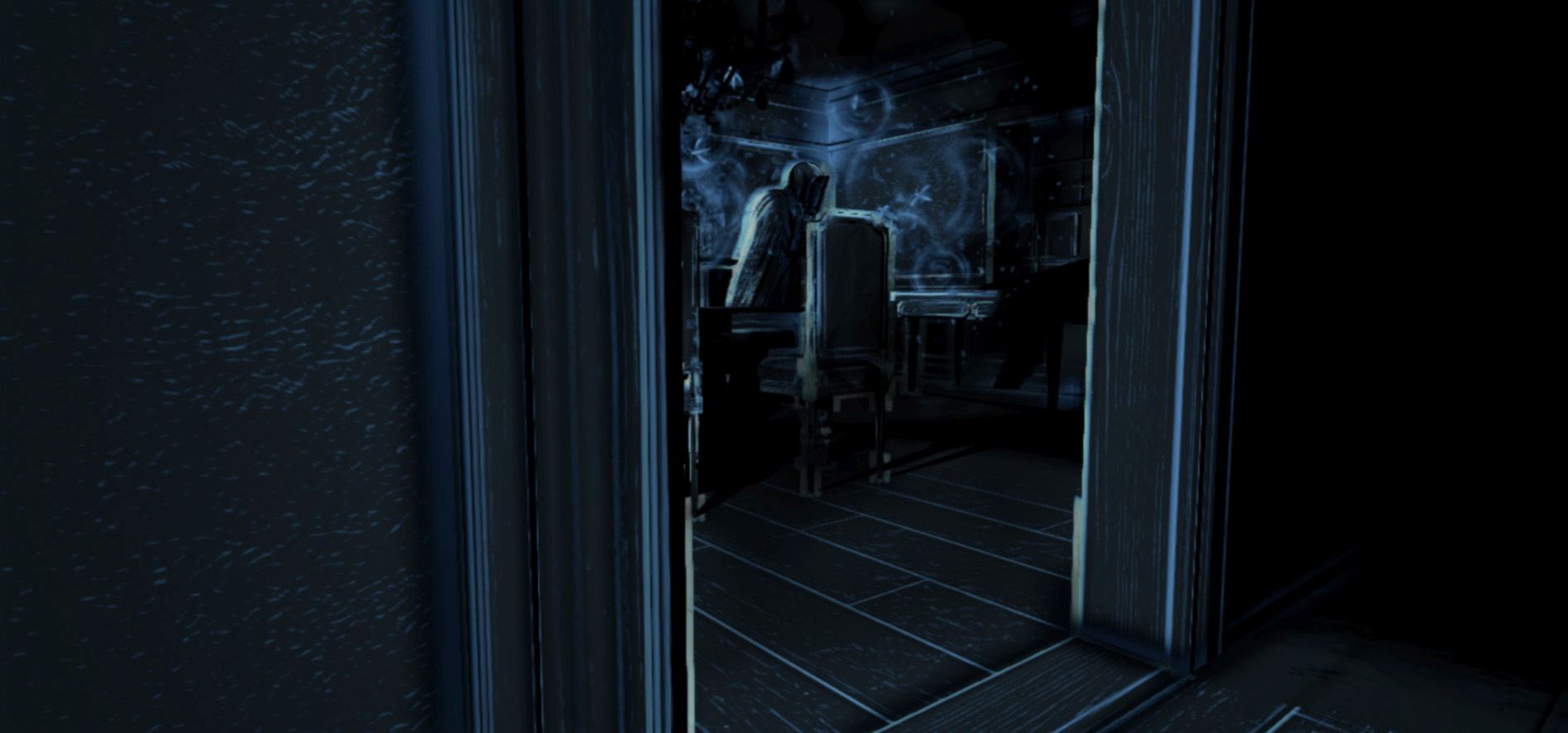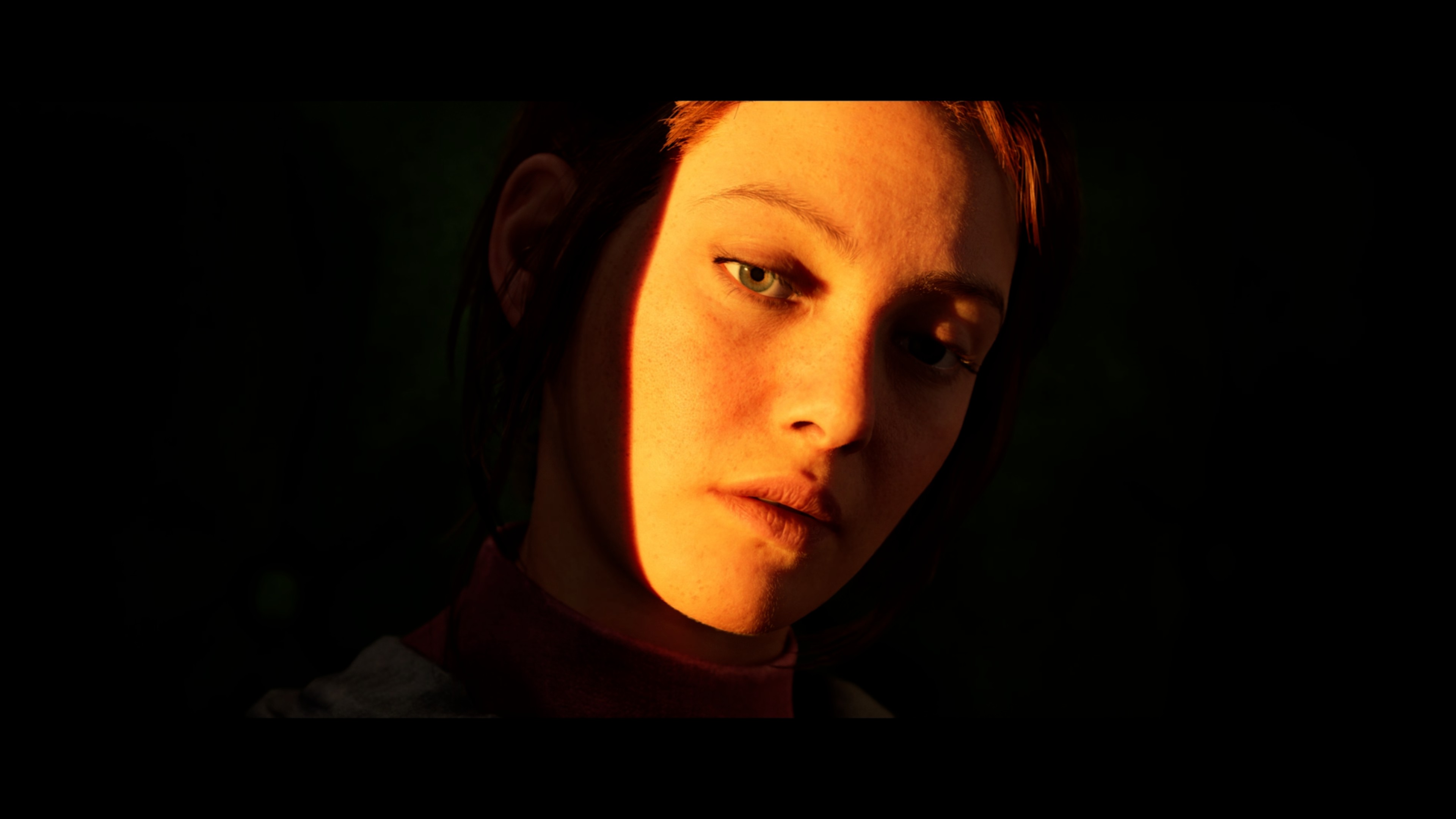Perception has a fresh take on haunted house horror

Five years ago, before Amnesia: The Dark Descent and before Kickstarter, this game would almost certainly have been impossible—its premise too 'niche’, it’s mechanics not ‘accessible’ enough. But here it is in 2015, sitting on almost $100,000 in backer funding: a first-person horror game about a blind woman following strange dreams to an abandoned estate, navigating with echo location and getting pounced on by monsters for making too much noise.
“[Cassie] is haunted by these nightmares of the mansion,” says creative director, Bill Gardner, whose previous work includes roles on Bioshock Infinite and Dead Space. “She’s bothered by them, so she spends a lot of time researching, trying to figure out where this place is. She knows it’s real. Somehow in her heart she knows it’s a real place. The one day she gets a break: she figures out it’s a place in Boston, Massachusetts called Echo Bluff.”
So far, so standard horror. But Cassie’s blindness throws some twists on what might otherwise be a very familiar haunted house set-up. Cassie can perceive her surroundings in outline using what Gardner calls “tapping”—light taps of her cane send out swirls of blue light that allow the player to see not only the room in which Cassie’s standing, but also partially through walls and obstacles Gardner gives the example of rats in the walls, which the player must learn to identify and ignore when pricking up ears for Echo Bluff’s more sinister inhabitants.
That’s the catch to Cassie’s super-hearing: Echo Bluff is haunted by something called The Presence, an unkillable enemy which, as in recent horror indies like Amnesia and Outlast, stalks the corridors of the estate and becomes very curious about unusual sounds. It’s a terrible trade-off—if you want to remain undiscovered, you’ll end up fumbling around in near-darkness, with only the creaks and moans of the old house to guides you. Too much tapping, on the other hand, can attract the spirit and make your situation far, far worse.
“I would say [Alien: Isolation’s] Alien is definitely a good parallel,” says Gardner. “There are definitely a lot of similarities there… It becomes this really intimate game of cat and mouse, where it’s constantly hunting you down. You have to exist in this same, pretty tight space and piece together the mystery while this thing is trying do you harm.
“Playing as Cassie, it’s such a narrative driven game. The way the narrative meets the core mechanic of echo location, it feels like you’re literally revealing every element of the narrative. So for example, when you pick up an item in the game, you’re not sure what it is—it will be a representative silhouette of that object, and you kind of rotate it around and then the details will be revealed. ‘Oh, it’s a cassette tape.’ ‘Ew, it’s a dead rat.’”

When it comes to the investigative side of Perception, the team sidesteps the problem of Cassie’s blindness in a particularly ingenious way. This being a horror game, there are of course notes and letters aplenty, scrawled out by the estate’s former inhabitants—but being blind, Cassie can’t read them. Instead, Cassie has to a special text-to-speech app on her phone to analyse the clues they left behind—but here again, the noise created will alert anything prowling nearby and give away Cassie’s position.
Keep up to date with the most important stories and the best deals, as picked by the PC Gamer team.
Cassie’s smartphone can also pull off a second cool trick, inspired by a real-life app called Be My Eyes, a kind of Chatroulette that connects blind and sighted people via smartphone, allowing the latter to identify objects or read text for the former using the handset’s camera.
“I do love to raise awareness of this product,” Gardner enthuses. “We have a similar app in the game that Cassie can use occasionally, if she comes across a vignette and she knows that there’s something in this corner here, she can sometimes pull out her phone and say, ‘what is it I’m looking at here?’ And she can then use the app to choose from a list of people that she knows. Sometimes they’ll be busy, or she won’t have a connection, but [otherwise] they’ll be able to tell her, like, ‘yeah, I’m not comfortable saying what that is’. Or, ‘that’s just a doll’.”

These investigations will take Cassie further away from reality as the estate—which sounds like more like a villain in its own right the more Gardner describes it—starts “fucking with her”. As you explore the different tragedies of Echo Bluff, the house will dress and redress itself as if Cassie is travelling backwards in time, slowly shading in its grim history. As you progress, the house will also introduce eerie new challenges: one time period tells the story of an inventor, for instance, whose creepy doll ‘Poppets’ patrol the estate on rails (though to what end, Gardner won’t say). Discovering the traumas that tether these souls to Echo Bluff and putting them to rest is Cassie’s ultimate mission.
“[The game is] very much about answering what is that happened here,” says Gardner. “You’re relieving the torment of these people—they’ve been living in the house being tormented by something they’ve done wrong or something horrible that’s happened. They’re in this space, reliving this drama for sometimes years, sometimes decades, sometimes centuries.
“And by experiencing that with them, you’re able to exorcise The Presence from that time period.”

